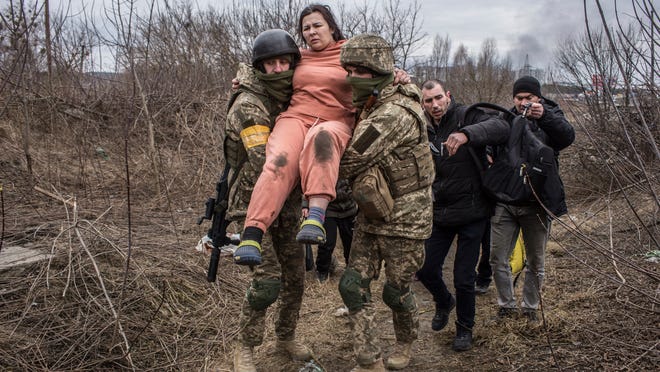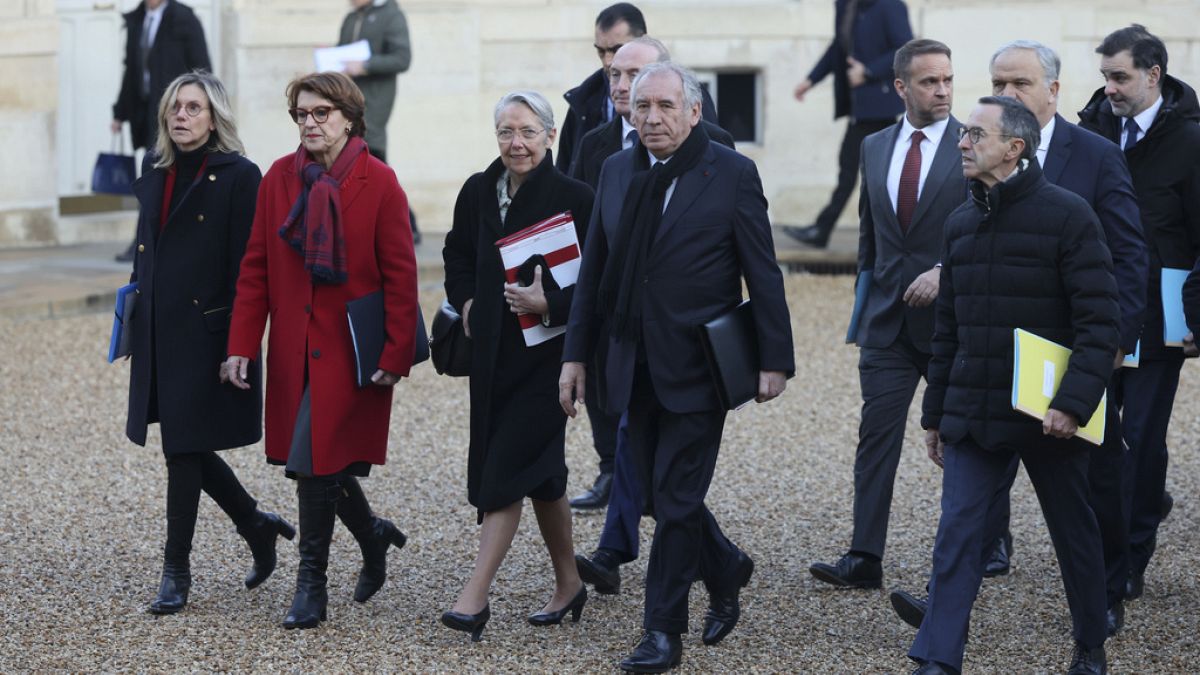US President Joe Biden has blocked a $15bn deal by Japan’s Nippon Steel to buy US Steel, delivering a setback to Washington’s relations with its closest Asia-Pacific ally and prompting the companies to threaten legal action.
Biden, who has long been opposed to the purchase, issued an order on Friday compelling Nippon and US Steel “to fully and permanently abandon the proposed transaction” within 30 days.
In response, the two companies labelled the move “a clear violation of due process” and the law. In an indication of possible legal action, they added: “Following President Biden’s decision, we are left with no choice but to take all appropriate action to protect our legal rights.”
A clause in the original agreement with US Steel obliges Nippon to pay a $565mn break-fee payment in the event the deal is blocked.
Biden’s extraordinary intervention, which comes with just 17 days remaining of his term, caps a presidency in which he has sought to boost American jobs and has moved away from the free-trade agenda of previous administrations.
It is also likely to raise concerns about US receptiveness to future foreign investment, with president-elect Donald Trump, who won November’s election on a protectionist platform, also opposing the deal.
The companies said it was “shocking and deeply troubling that the US government would . . . treat an ally like Japan in this way”.
They added: “Unfortunately, it sends a chilling message to any company based in a US-allied country contemplating significant investment in the US.”
In the order, Biden said there was “credible evidence” that through the acquisition, Nippon “might take action that threatens to impair the national security of the United States”.
The Committee on Foreign Investment, which vets foreign acquisitions, failed to reach a consensus by a December 23 deadline on whether the transaction posed a national security threat.
The companies said the president had not presented any “credible evidence of a national security issue”, adding that “instead of abiding by the law, the process was manipulated to advance President Biden’s political agenda”.
They added the Cfius process “was deeply corrupted by politics, and the outcome was pre-determined”.
Biden’s intervention marks the failure of Nippon Steel’s ambitious expansion plan that morphed into a sensitive political issue in a US election year.
The decision by the outgoing president, who is known for his support for organised labour, follows fierce opposition to the deal from the United Steelworkers union. The group’s campaign proved fatal to the purchase, despite intense lobbying in recent weeks from executives at US Steel and Nippon.
The White House said Biden’s decision was not meant as a snub to Tokyo.
“This isn’t about Japan. It’s about US steelmaking,” National Security Council spokesperson John Kirby said on Friday. It is about “keeping one of the largest steel producers in the United States an American-owned company. It is not about the extraordinary, close relationship, any alliance, that we have with Japan.”
US Steel shares were down more than 6 per cent after the decision.
Opponents of the takeover welcomed Biden’s decision.
Sherrod Brown, the outgoing Democratic senator from Ohio, wrote on X: “This deal . . . represented a clear threat to America’s national and economic security and our ability to enforce our trade laws. It’s why we fought it every step of the way. The president is right to block it.”
Biden’s move to quash the deal will leave the fate of US Steel in limbo. The company had warned it might close mills and reduce its workforce, possibly moving its headquarters away from Pittsburgh, Pennsylvania, if the agreement was blocked.
Nippon’s proposed takeover had attracted significant support in parts of the US that would have benefited from the promised investment and technology from the Japanese company.
William Chou, deputy director of the Japan chair at the Hudson Institute think-tank, said the decision would devastate the steelmaking communities in western Pennsylvania and Indiana.
“President Biden talks about protecting the American steel industry, but only in the abstract,” he added. “At no point did he engage with actual steelworkers, or address the technology needed to empower them to safeguard the steel industry.”
Japanese officials, speaking on condition of anonymity, have previously said that, while they understood the risk of political intervention that Nippon faced when launching a bid ahead of a US presidential election, it was baffling that a Japanese company should be labelled a security risk.
Heino Klinck, a former US deputy assistant secretary for defence for east Asia, said it was “ironic and nonsensical” that national security concerns were being cited as rationale for blocking the deal, because Japan hosted the world’s largest presence of the US’s forward-deployed military forces.
“This decision will cast a shadow on the alliance,” he said. “It is indeed unfortunate that the Biden administration has handed the Chinese Communist party yet another talking point on America not being a reliable partner.”
Additional reporting by Steff Chávez
























/cdn.vox-cdn.com/uploads/chorus_asset/file/24982514/Quest_3_dock.jpg)




